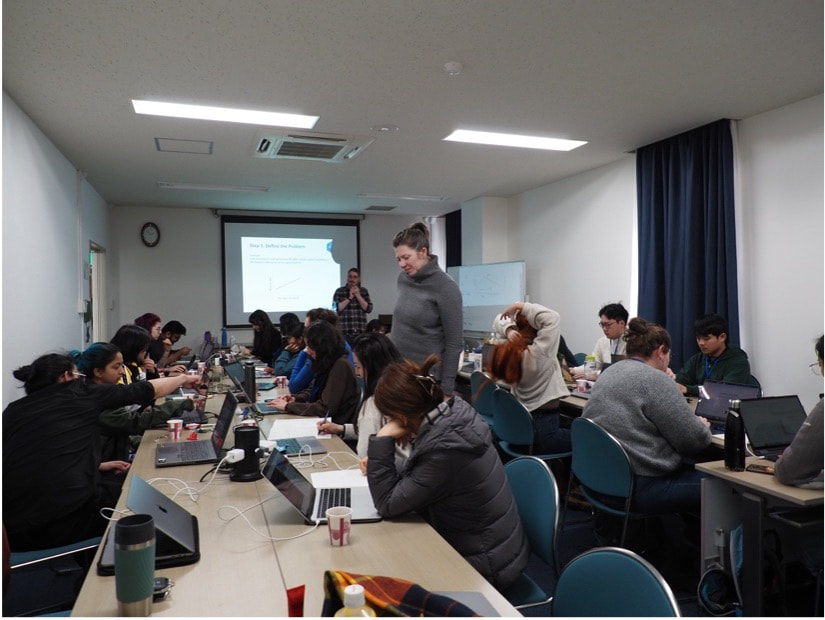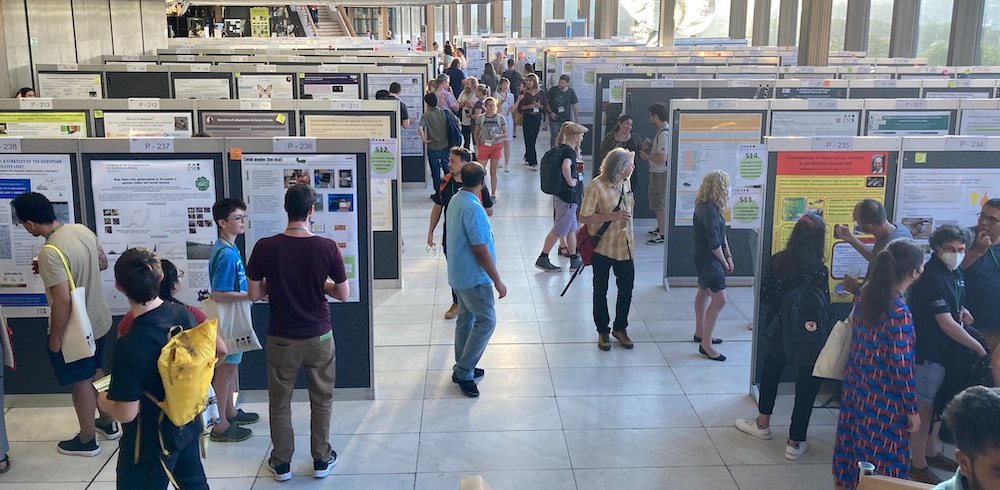Watching movies and shows is a hobby of mine. Unfortunately, it is hard to know what is truly interesting given the ocean of boring and uncreative media out there. In this post, I share some titles that I have recently watched in the hopes you like them too.
American fiction (movie)
A comedy in which the protagonist, a writer who is a black man, questions the expectation that black people can only tell stories involving racism. Despite tackling such a heavy topic, it is a very funny movie, making it a must-watch. Available on Amazon Prime.
Anatomy of a Fall (movie)
The story of a woman that is accused of murdering her partner after his body is found outside of their house, and how their blind son perceives his mother during the trial. An interesting discussion on how tiny bits of information, like brief, intimate moments, can be taken out of context and be used to determine one’s reputation. Available on Stan.
Poor things (movie)
A story in which a revived woman (similar to a Frankenstein monster) explores and questions her reality, including societal norms, human behaviours, and life at large. The gender of the protagonist, and the taboos that surround it, becomes an important topic in this movie. All of this in beautiful, colourful, impressionist-style landscapes. Available on Disney+.
Problemista (movie)
In this A24 comedy, the protagonist is an immigrant trying to legally stay in the USA. In a desperate moment, he takes a job with a Karen-like boss (i.e. who complains about everything). This movie shows, in a light way, the difficulties faced by immigrants and the injustices of a system that claims to be meritocratic. Unavailable in any streaming service in Australia at the moment, but there are alternative ways to obtain it (wink-wink).
Under the bridge (show)
Based on a true story from Canada, this series follows the details of a crime involving teenagers. Prejudice, the need to fit in, and horrible things people can do to others as a result (especially when they are adolescents), are topics discussed here. Most importantly, this show explores how the negligence and hardships that people suffer when young, which society fails to address, end up causing a cascade of problems. Available on Disney+.


















 RSS Feed
RSS Feed